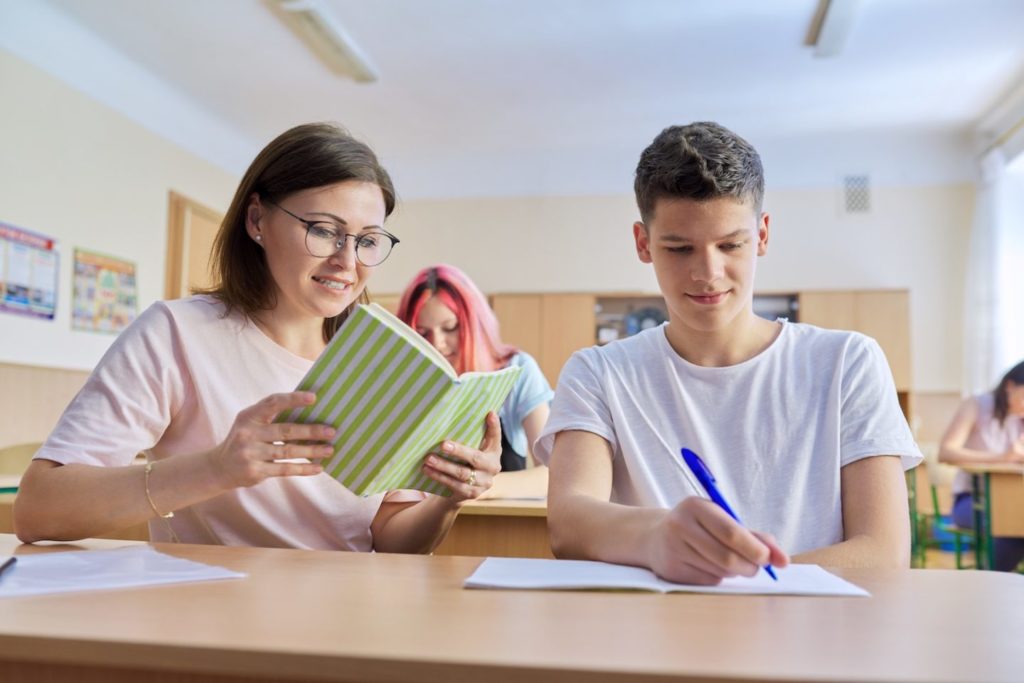‘Wow, I can be smarter!’ Students see intelligence gains when they learn to apply themselves, study shows
Students who fall behind their peers in early adolescence tend to remain academic underachievers for the remainder of their school years, with many dropping out without earning a high school diploma….

Students who fall behind their peers in early adolescence tend to remain academic underachievers for the remainder of their school years, with many dropping out without earning a high school diploma. But it doesn’t have to be that way.
According to researchers at University of California, Davis, “intelligence is malleable” and timely interventions in the early stages of underachieving can empower failing students to close the gap with their higher achieving peers.
The study’s lead author, Tenelle Porter, a postdoctoral scholar in the Department of Human Ecology, described the results as “exciting.”
Conventional wisdom holds that intelligence is largely fixed by mid-adolescence, which frequently translates into a self-limiting mindset as a student accepts underachievement as an appropriate educational outcome despite their best efforts.
The study showed, however, that implementing an educational philosophy called a mindset intervention – which holds that the brain, like any muscle, can be strengthened and trained – increases achievement in grades by “a couple of percentage points” over the course of a school year.
The key to success lies in convincing the student that intelligence is not fixed, but instead developed, like muscles developed through exercise.
More than 50 teachers from 12 middle schools located in Orange County, California and New York City implemented the intervention protocol, known as “Brainology,” among nearly 2,000 ethnically diverse students, over the course of the year. Math, Science and English teachers took part to ensure the strategy had repeatable effect on varied disciplines.
In Brainology, students learn the foundation of a growth mindset by learning how their brain works and how it can grow smarter through applied effort. Once these strategies are understood and employed by students, the results are self-affirming, with once discouraged students realizing the benefits of intellectual exercise.
“Students learned, ‘wow, I can be smarter’,” Porter said.
The study also revealed the impact of involving teachers in the implementation of the intervention strategy: doing so proved to be twice as effective academically in comparison to only delivering the intervention by a computer.
Underachieving students benefited much more from the intervention than their already higher achieving classmates, although all students involved saw improvement.



